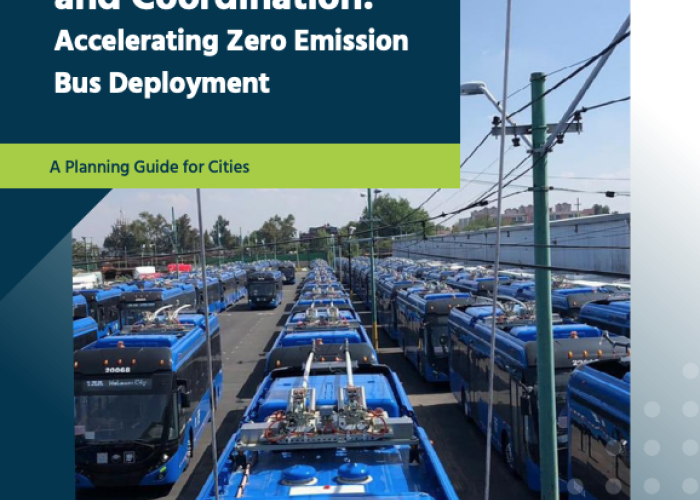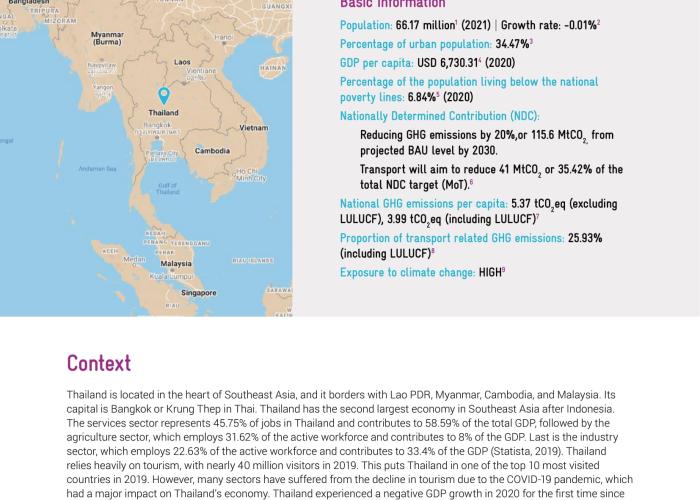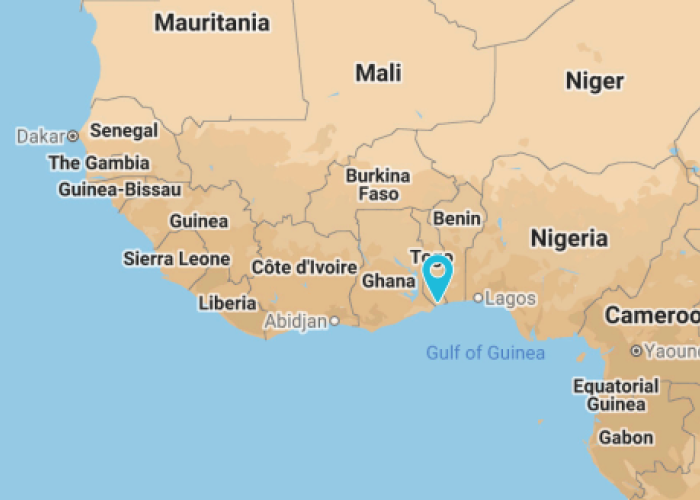Colaboración, comunicación y coordinación - Acelerar el despliegue de ZEB

This report shares the experiences of four cities who were supported by the CFF to deploy the first zero-emission buses in their cities. The aim is…
- Bus & other Rolling Stock
- Mass Public Transport
- Electric Mobility
- Others





